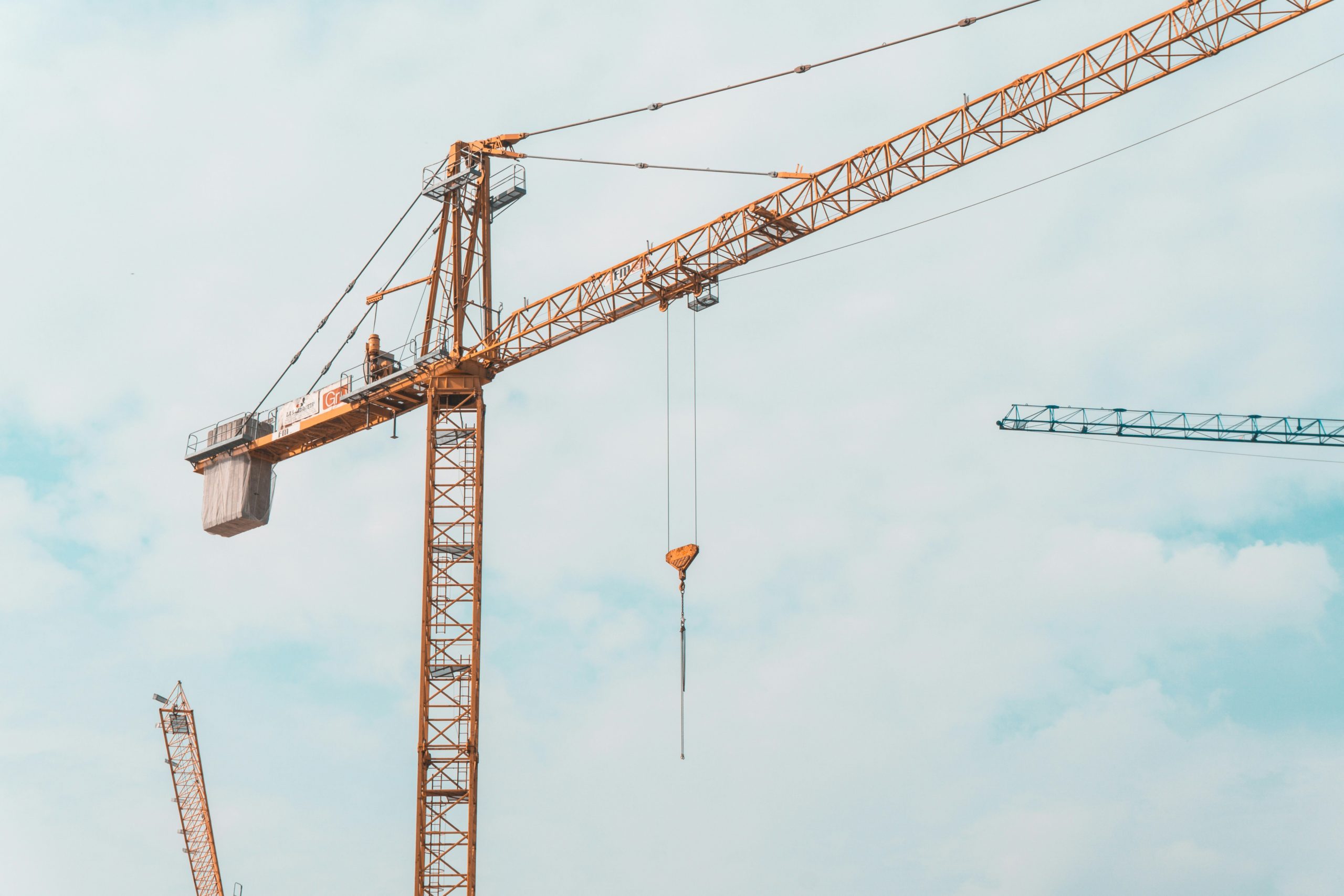Job Description:
Tower crane operators are skilled professionals responsible for operating tower cranes, which are essential equipment in construction projects for lifting and moving heavy materials and equipment to various heights and locations on job sites. They work in construction, infrastructure development, and other industries where tall structures are built.
Responsibilities:
- Equipment Operation: Operate tower cranes to lift, lower, and move materials, equipment, and supplies around construction sites, following precise instructions and safety protocols.
- Control Panel Operation: Use control panels and joysticks to maneuver the crane’s boom, jib, and hook, adjusting speed, direction, and elevation to position loads accurately and safely.
- Load Management: Calculate load weights, capacities, and balance points, and determine the appropriate rigging and lifting techniques to safely hoist and transport materials without exceeding crane capacity.
- Communication: Communicate with ground personnel, signalers, and coworkers using hand signals, two-way radios, or other communication devices to coordinate crane movements and ensure safety.
- Safety Compliance: Adhere to safety protocols and regulations, including conducting pre-operation inspections, securing loads properly, and following safe work practices to prevent accidents or injuries.
- Equipment Maintenance: Perform routine maintenance checks on tower cranes, including inspecting cables, ropes, hooks, and other components for wear or damage, and lubricating moving parts as needed.
- Emergency Response: Respond quickly and effectively to emergency situations, such as equipment malfunctions, power outages, or adverse weather conditions, to ensure the safety of personnel and property.
- Site Coordination: Work closely with site supervisors, construction managers, and other tradespeople to coordinate crane operations with other construction activities and ensure smooth workflow on the job site.
- Documentation: Maintain accurate records of crane usage, including daily activity logs, maintenance reports, and inspection records, and submit paperwork to supervisors or regulatory authorities as required.
- Training and Development: Stay updated on industry best practices, safety standards, and equipment advancements through training programs, certifications, and professional development opportunities.
Requirements:
- Tower Crane Operator Certification: Possession of a valid tower crane operator certification or license from a recognized training program or regulatory authority is typically required.
- Experience: Prior experience as a tower crane operator, preferably in the construction or heavy equipment industry, is often preferred.
- Technical Skills: Proficiency in operating tower cranes and familiarity with crane controls, load charts, rigging techniques, and safe lifting practices.
- Physical Stamina: Ability to sit for extended periods in the crane cab, operate controls with precision, and perform physically demanding tasks such as climbing stairs or ladders to access the crane cab.
- Communication Skills: Effective verbal and nonverbal communication skills to understand instructions, convey information to coworkers, and coordinate crane movements with ground personnel.
- Safety Consciousness: Commitment to workplace safety and adherence to safety protocols and regulations to prevent accidents, injuries, or property damage.
- Problem-Solving Skills: Analytical thinking and problem-solving skills to assess situations, troubleshoot equipment issues, and make quick decisions in emergency situations.
- Teamwork: Ability to work effectively as part of a team, follow directions, and collaborate with coworkers to accomplish tasks and achieve project objectives.
- Flexibility: Willingness to work flexible hours, including early mornings, evenings, weekends, and overtime as needed to meet project deadlines and construction schedules.
- High School Diploma: Education requirements typically include a high school diploma or equivalent qualification.

